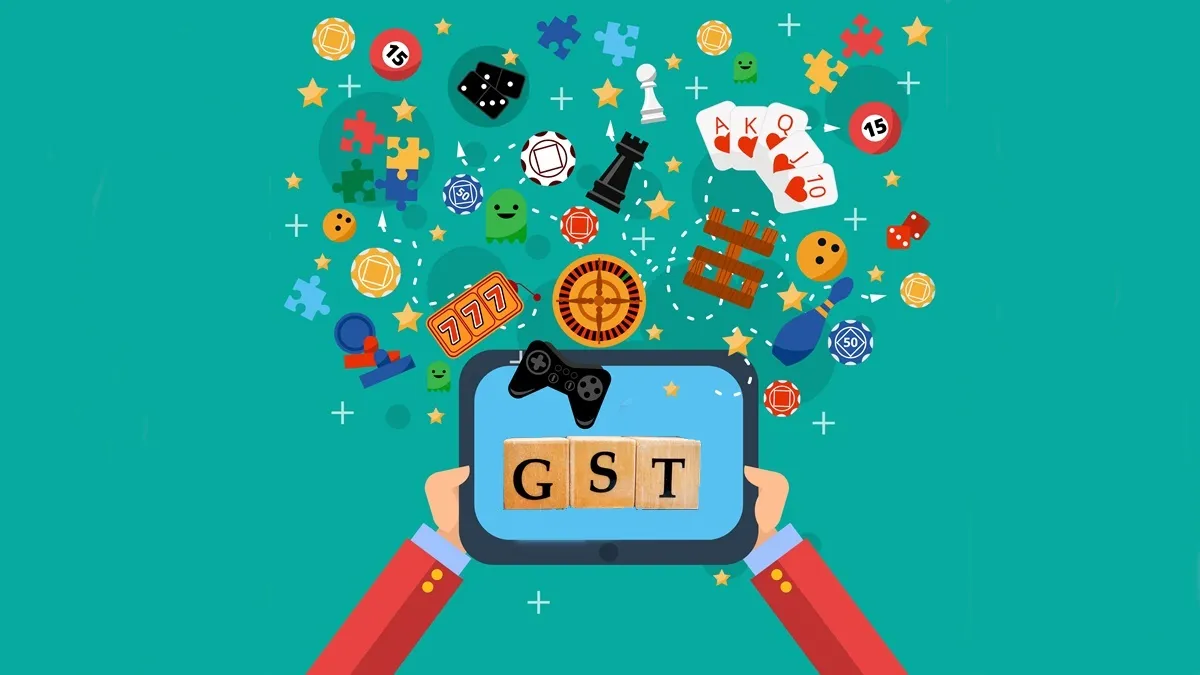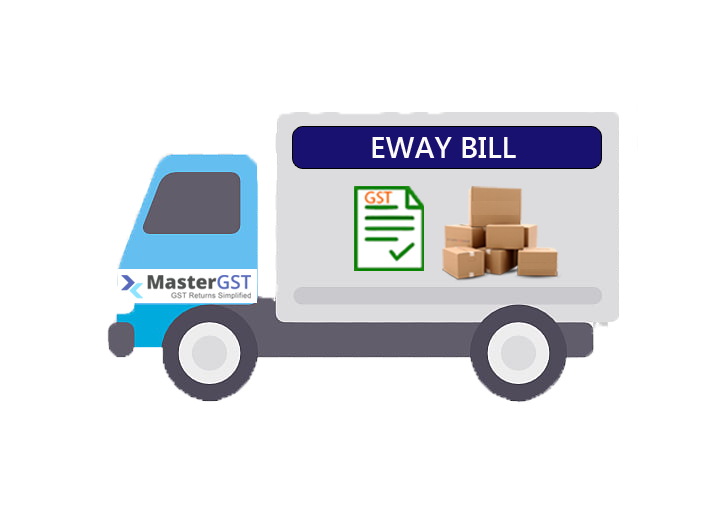Category: Goods and service tax
GST Effect on Gaming Industry
The evolving landscape of technology has witnessed substantial changes in the last 5-6 years, particularly in the realm of online gaming. This industry is not just a source of entertainment but has also become a significant avenue for income generation, attracting both developers and players. Amid this dynamic shift, the critical question arises: How does Goods and Services Tax (GST) apply to the online gaming sector, and does it fall under the category of services?
According to the GST framework, Online Information and Database Access and Retrieval Services (OIDAR Services) cover services delivered through information technology over the internet or an electronic network, characterized by minimal human intervention. Online gaming is explicitly mentioned as part of OIDAR services.
In a recent ruling regarding M/s. Amogh Ramesh Bhatawadekar, the taxability of online gaming under GST was clarified. The applicant, a digital goods supplier, argued that the services, including online gaming, should be treated as the export of e-goods (Digital Goods).
Key points from the ruling are:
-
Nature of Digital Goods: Digital goods or e-goods are considered services delivered through the internet or mails. Online gaming content is stored on cloud servers located outside India.
-
Foreign Suppliers and Reverse Charge Mechanism: Procuring digital goods from foreign suppliers triggers the reverse charge mechanism, making the recipient in India responsible for paying GST under reverse charge.
-
GST on Transactions with Indian Customers: If the customer is in India and pays in dollars, the transaction is not treated as an export. GST is applicable, and the applicant must fulfill the GST liability.
-
Rate of GST: The GST rate for online gaming services is 18%, as specified in the ruling.
-
Industry Growth: The online gaming industry is on a rapid growth trajectory, expected to reach $2.8 billion by 2022. Factors like smartphone usage, affordable data, and increased disposable income are driving this growth.
While the COVID-19 pandemic has accelerated the growth of the online gaming sector, the study predicts a sustained upward trend, making a significant contribution to the overall media and entertainment industry.
In summary, online gaming is considered a service under the GST framework, and the recent ruling provides clarity on the taxation of digital goods, procurement from foreign suppliers, and transactions with Indian customers. This sheds light on the complexities of GST in the thriving online gaming industry, emphasizing its growing importance in the digital landscape.









